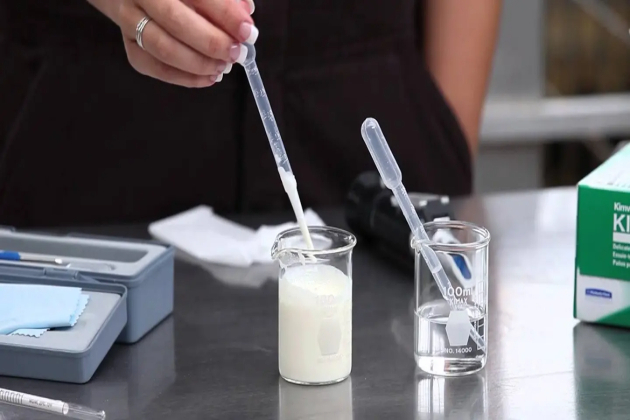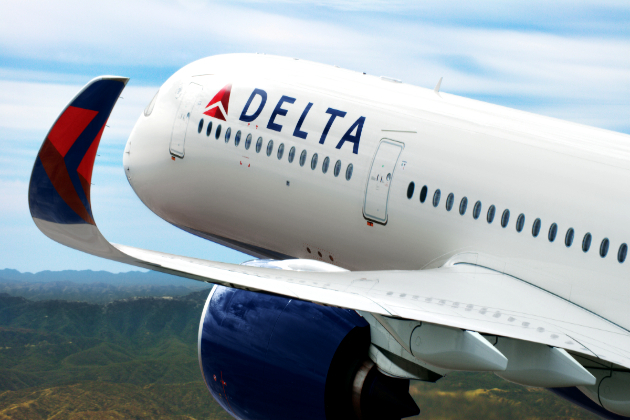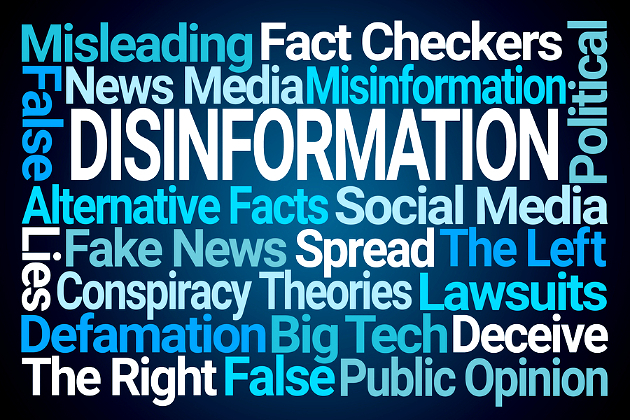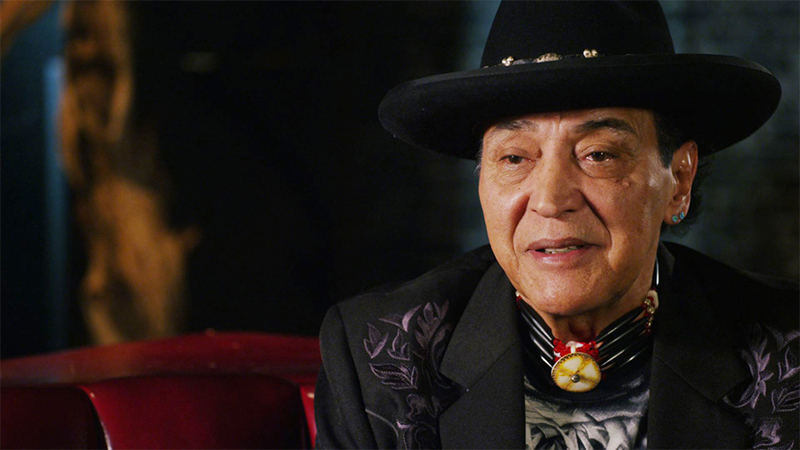Why Big Tobacco's attempts to rehabilitate its image are so dangerous
The Conversation
04 Dec 2022, 18:08 GMT+10
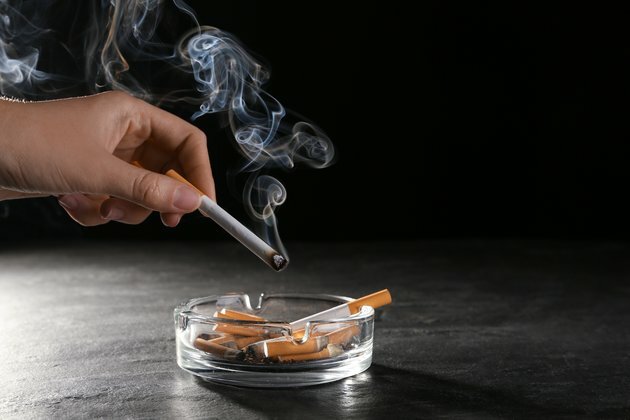
In September, Imperial Tobacco Canada, the Canadian subsidiary of British American Tobacco, was awarded the "Great Place to Work" certification, one of the leading authorities on workplace culture.
Since then, Imperial Tobacco Canada representatives have met with graduate students across the country, including at the University of Toronto's Rotman School of Management, York University's Schulich School of Business and McGill University's Desautels Faculty of Management, urging students to "come join us as we build a better tomorrow."
As of May 2022, Imperial Tobacco Canada was listed as a Presidents' Circle Member on the University of Toronto website, to acknowledge their "vital financial support at the leadership level." Despite Big Tobacco's efforts to renormalize itself, we should all be very wary of engaging with the self-described "Bold, Fast, Empowered" corporate culture.
Suppressing incriminating evidence
British American Tobacco and other big tobacco companies have known about the clear links between smoking and a host of diseases, including cancer, since at least the 1950s. Despite this, they did not disclose their internal damning evidence.
Instead, they aggressively undermined mounting scientific evidence of the public health risks associated with their products through a sophisticated array of deceitful strategies and tactics. These included funding dubious research, relying on allies that did not disclose their links to the industry, along with other forms of aggressive lobbying and marketing.
Fast forward 70 years, and tobacco remains the leading cause of cancer worldwide today. Epidemiologist Prabhat Jha estimates that one death results from each million cigarettes sold.
In the first half of 2022 alone, British American Tobacco sold 303.4 billion cigarettes globally. Cigarettes kill between one half and two-thirds of their users and approximately eight million people worldwide annually. Big Tobacco is still alive and well, despite the colossal efforts of tobacco control leaders worldwide. This is partly the result of its renormalization strategy.
Big Tobacco's rebrand
Big Tobacco companies hit the proverbial rock bottom in the 1990s and early 2000s when facing several major lawsuits centred on the massive morbidity and mortality of cigarettes, the industry's extensive efforts to conceal and manipulate evidence, and its complicity in smuggling its own products around the world.
Another significant blow to the industry was the adoption of the landmark World Health Organization Framework Convention on Tobacco Control (WHO FCTC) in 2005, dedicated to reducing tobacco demand and supply. Yet 20 years on, Big Tobacco companies continue to increase their revenue and profit.
Facing a potential decline post-WHO FCTC, British American Tobacco, Philip Morris International and other Big Tobacco companies sought to rebrand themselves from corporate pariahs to socially responsible companies keen on partnering with governments, as well as international organizations, NGOs, and universities. British American Tobacco now claims to "behave ethically in all we do."
Read more: Tobacco industry rallies against illicit trade - but have we forgotten its complicity?
This rebranding has involved agreements with customs and law enforcement agencies on how to address the illicit trade in tobacco products, despite significant and growing evidence the industry is still complicit in it. Big Tobacco's anti-illicit trade efforts have focused on undermining policy, disrupting competitors and selling more of its own products - not tackling illicit trade per se.
In Canada, Big Tobacco has used the spectre of illicit trade to argue against taxation, plain packaging, menthol bans and other effective public health measures, including through third parties (e.g. the National Coalition Against Contraband Tobacco) and direct lobbying of government officials and parliamentarians.
Lying about product harms
Another central part of the tobacco industry's rebranding focuses on a "smoke-free future" through "risk-reduced products," notably vaping. However, there are real health risks associated with vaping, such as exposure to chemicals and increased risk of lung and heart disease. Vaping has a particular attraction among young people, putting them more at risk for these diseases.
The tobacco industry has a long track record of blatantly lying about the harms caused by their products. They have repeatedly marketed filtered cigarettes, flavoured cigarettes and other products as tobacco alternatives that present reduced risks to consumers - despite evidence later showing this was false.
If anything, vaping products have created a rift within the public health community - an all too familiar "divide and conquer" strategy of the tobacco industry. Vaping may also serve as a distraction from the continued commercial focus of the industry on deadly cigarettes, which continues to account for 84 per cent of British American Tobacco's revenue worldwide.
Seeing through the smokescreen
Given the "fundamental and irreconcilable conflict between the tobacco industry's interests and public health policy interests," the WHO has repeatedly warned state parties to the WHO FCTC - including Canada - against tobacco industry engagement. Yet Canadian government officials routinely meet with tobacco industry representatives.
Experts in Canada consider "renormalization" of tobacco as one of the great risks to progress in tobacco control. We can't let ourselves be fooled by the tobacco industry or become indifferent in the face of their attempts to rehabilitate their image.
Instead, we need to demonstrate leadership and make a commitment to hold the tobacco industry to account, and educate the next generation on the Big Tobacco playbook. This means not forgetting that, through the smoke screen, the tobacco industry's goal remains advancing corporate profit at the expense of public health.
Authors: BenoУТЎt Gomis - Sessional Lecturer, Munk School of Global Affairs and Public Policy, University of Toronto | Jillian Kohler - Professor, Faculty of Pharmacy, University of Toronto 
 Share
Share
 Tweet
Tweet
 Share
Share
 Flip
Flip
 Email
Email
Watch latest videos
Subscribe and Follow
Get a daily dose of Irish Sun news through our daily email, its complimentary and keeps you fully up to date with world and business news as well.
News RELEASES
Publish news of your business, community or sports group, personnel appointments, major event and more by submitting a news release to Irish Sun.
More InformationInternational
SectionTrump and Zelenskyy meet in private at Pope Francis funeral
THE VATICAN - U.S. President Donald Trump met privately with Ukrainian President Volodymyr Zelenskyy in St. Peter's Basilica in Vatican...
Kennedy and Makary say FDA will phase out synthetic food dyes
WASHINGTON, D.C.: This week, Health Secretary Robert F. Kennedy Jr. and FDA Commissioner Marty Makary said they plan to remove artificial...
Trade talks to target India’s digital market rules
WASHINGTON, D.C.: The United States plans to press India for sweeping changes to its e-commerce policies as part of negotiations aimed...
UK and New Zealand to boost defence ties
LONDON, U.K.: British Prime Minister Keir Starmer and New Zealand Prime Minister Christopher Luxon decided to strengthen their countries'...
US FDA halts dairy testing program due to staff shortage
WASHINGTON, D.C.: The U.S. Food and Drug Administration (FDA) is stopping a quality control program that tests milk and other dairy...
Delta plane catches fire at Orlando airport, passengers evacuated
WASHINGTON, D.C. A Delta Air Lines plane with nearly 300 people on board had an engine fire after leaving the gate at Orlando International...
Europe
SectionToyota’s Hino and Mitsubishi Fuso near merger deal
TOKYO, Japan: Toyota's Hino Motors and Daimler Truck's Mitsubishi Fuso are edging closer to a long-awaited merger of their truck operations,...
Ireland ranks high in EU for violent assaults, EU report says
DUBLIN, Ireland: Ireland has one of the EU's highest rates of violent assault, according to new figures published by the European Commission,...
Ireland backs ban on algorithmic feeds targeting children
DUBLIN, Ireland: Social media companies could soon be required to disable addictive algorithm-driven feeds for children, under a new...
Ancient manuscripts return to Ireland after a millennium
DUBLIN, Ireland: More than a millennium after they were carried abroad for safekeeping, a collection of early Irish monastic manuscripts...
Disinformation threat to democracy, says Ireland’s media minister
DUBLIN, Ireland: Disinformation poses a growing threat to democracy and must be addressed with urgency, Media Minister Patrick O'Donovan...
644 University College Cork staff in Ireland earn over 100,000 euros
DUBLIN, Ireland: University College Cork (UCC) saw a 26 percent jump in staff earning over 100,000 euros last year, with the number...





